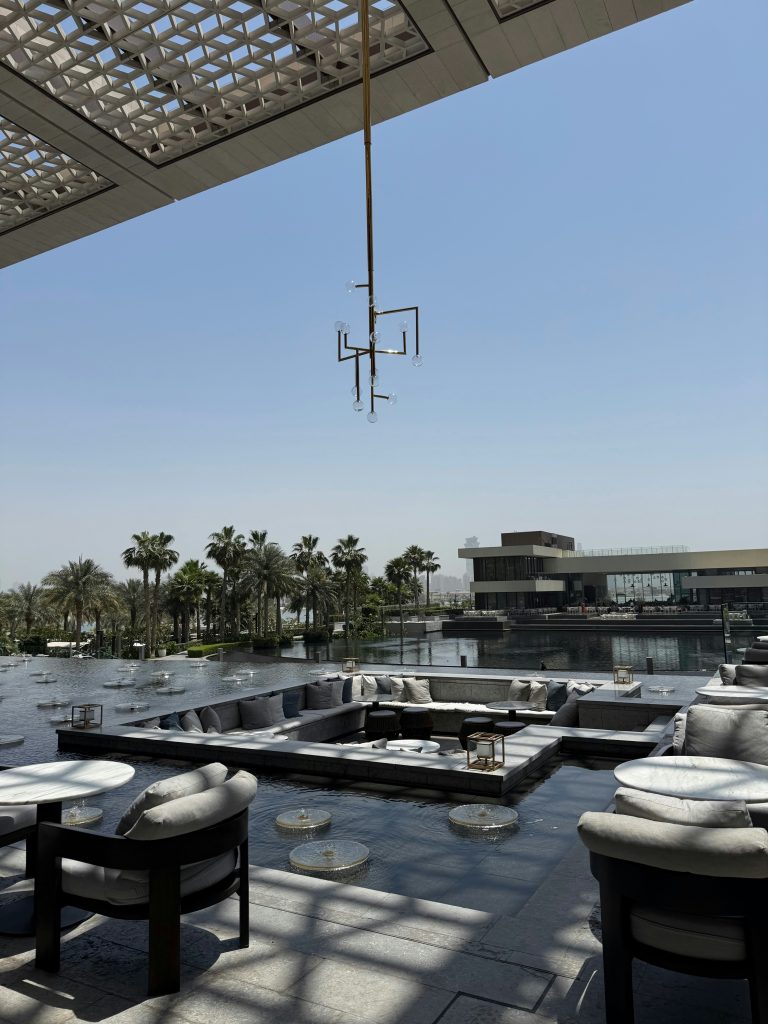Dubai’s property market moves fast, lightning fast. One minute you’re eyeing your dream apartment; the next, the deal’s slipping through your fingers. So, how do you lock it down, protect your investment, and avoid costly mistakes? The answer is simple: the Sales and Purchase Agreement in Dubai (SPA).
This isn’t just another piece of paper. It’s your fortress. Your proof. The legally binding contract that turns a handshake into a solid deal. Whether you’re buying a luxury penthouse overlooking the marina or snapping up a hot off-plan project. The SPA in Dubai defines every rule, every deadline, and every promise.
Miss one critical detail here, and you’re not just losing a property; you’re losing peace of mind, money, and time. In Dubai’s high-stakes real estate game, understanding the Sales and Purchase Agreement in Dubai isn’t optional. It’s essential. And we’re here to break it down for you in this comprehensive guide.
What Is a Sales and Purchase Agreement (SPA) in Dubai?
In UAE real estate, the SPA is the final, legally binding contract between buyer and seller. For off-plan purchases, the seller is usually the developer; for ready properties, it’s the current owner.
The SPA sets the foundation: what’s being sold, for how much, when it will be handed over, and what happens if either party fails to deliver.
It’s not a casual promise; it’s enforceable under Dubai’s property laws, with the Dubai Land Department (DLD) overseeing its registration and validity.

Why the SPA Matters
Dubai’s real estate scene thrives on ambition, speed, and global interest. Without a proper SPA, verbal assurances and sales brochures mean nothing in court. This document:
- Locks in the purchase price, so market fluctuations won’t change your deal.
- Defines deliverables: from square footage to finishing standards.
- Sets payment deadlines: protecting the seller’s cash flow.
- Protects buyers with penalty clauses for delays or defects.
- Provides legal recourse if either side breaches the agreement.
If Dubai property is your chessboard, the SPA is the rulebook. Without it, every move is a gamble.
When Is the SPA Signed?
You’ve paid the booking deposit; that’s your opening move. Next, you sign the Sales and Purchase Agreement (SPA). For off-plan properties, this isn’t just paperwork; it’s your legal claim to that unit. But here’s the key: the developer must register your SPA with the Dubai Land Department (DLD) through the Oqood system.
This Oqood registration is your official stamp of ownership before the final title deed is handed over. It confirms your name, the unit, the price, and the payment plan. But don’t expect this to happen overnight.
Developers usually tie registration to a cash-flow milestone, often the booking deposit or a major first payment, and then they have a strict 60 to 90-day window to complete the Oqood registration.
Why does this matter? Because that Oqood certificate isn’t just a piece of paper, it’s your proof of pre-registration and a government-backed shield protecting your investment during construction.
Learn more about the process of Oqood from our blog: The Complete Oqood Guide: Your Legal Shield for Off-Plan Property in Dubai
For resale or secondary sales, the path’s a bit different: you’ll usually start with a Memorandum of Understanding (MOU), pay a deposit, and then seal the deal by signing the SPA.

Escrow Law: Your Money’s Safety Net
Here’s where Dubai’s market gets serious about buyer protection. Law No. 8 of 2007 isn’t just bureaucracy; it’s your financial guardian. It forces developers to stash their off-plan payments in dedicated escrow accounts controlled and monitored by the DLD and RERA.
This means your money doesn’t just vanish into the developer’s pockets; it’s released only when construction hits agreed milestones. Your cash is locked, loaded, and legally protected.
Penalty Clauses: Read the Fine Print Like Your Investment Depends on It; Because It Does
Delays happen. But your SPA should make sure you don’t pay the price for someone else’s failure. Penalty and compensation clauses exist for a reason, but don’t assume they’re all equal.
Every SPA writes its own rules. Some offer hefty fines for late delivery; others are vague or limited. The Dubai Land Department and RERA regulations set guardrails, but it’s the SPA’s wording that seals the deal.
Here’s the bottom line: Before you sign, scrutinize those penalty terms like a hawk. Get a legal expert to break them down. Because in Dubai’s cutthroat real estate market, a vague clause can cost you thousands, or even more.

Key Clauses in a Dubai SPA
Here’s where attention to detail matters, because these clauses define your rights and obligations:
- Property Description: Exact size, location, floor plan, and amenities.
- Purchase Price & Payment Plan: Clear breakdown of installments and due dates.
- Handover Date: Target completion, grace periods, and what counts as “delivered.”
- Defect Liability Period: Timeframe during which the developer must fix construction flaws.
- Delay Penalties: Compensation if the project misses its delivery date.
- Default Clauses: Consequences for missed payments or failure to transfer ownership.
- Dispute Resolution: Specifies UAE law as the governing legal framework and often includes arbitration terms.
SPA for Off-Plan vs. Ready Properties
- Off-Plan SPAs: Heavily focused on timelines, construction standards, and escrow account protections. Buyers must ensure milestone payments align with actual construction progress.
- Ready Property SPAs: Usually shorter, but critical for confirming no outstanding service charges or legal disputes before title transfer.
Common Buyer Mistakes with SPAs
- Skimming the document: Every clause matters; overlooking one can cost you.
- Relying on verbal promises: If it’s not in writing, it doesn’t exist legally.
- Ignoring penalty clauses: Late handovers can mean lost rental income; know your compensation rights.
- Failing to verify the seller/developer: Always confirm they’re registered with DLD.

Richmond Properties: Your SPA Navigators
At Richmond Properties, we don’t just hand you a contract and wish you luck. We arm you with knowledge. Because an informed buyer is an unstoppable buyer.
We dive deep into every clause, uncover hidden risks, and make sure the SPA mirrors exactly what was promised, whether you’re dealing with a developer or a private seller.
Our experts don’t just review; they negotiate tougher terms, expose hidden liabilities, and protect you from signing away your hard-earned money.
In Dubai’s real estate game, overlooking one legal detail can cost you tens of thousands. With Richmond Properties by your side, you never miss a beat.
Here’s the truth: in Dubai real estate, you’re never just buying bricks and mortar. You’re buying a promise; a promise written into Dubai’s Sales and Purchase Agreement. This document is your shield against uncertainty, your ticket to ownership, and your safeguard for investment success.
Whether you’re a first-time buyer or a seasoned investor, mastering the SPA means owning your property journey with clarity and confidence. Because in a city where fortunes are made and lost in the blink of an eye, you don’t want to gamble on your biggest asset. You want to own it, completely and unquestionably.
The SPA is not just paperwork. It’s power. The power to protect what’s yours.
FAQs
1. What is the difference between an MOU and an SPA?
The MOU is an initial agreement outlining intentions. The SPA is the final, enforceable contract covering all legal terms.
2. Can I negotiate an SPA in Dubai?
Yes, especially for off-plan purchases. Payment schedules, penalty clauses, and handover timelines can often be adjusted before signing.
3. Who prepares the SPA?
For off-plan projects, the developer issues it. For ready properties, it’s often drafted by the seller’s legal team or agent.
4. Is an SPA mandatory?
Yes, it’s a legal requirement for property transactions registered with the DLD.
5. What if one party breaches the SPA?
The aggrieved party can pursue legal action, claim damages, or terminate the contract, depending on the breach and the terms stated in the SPA.

